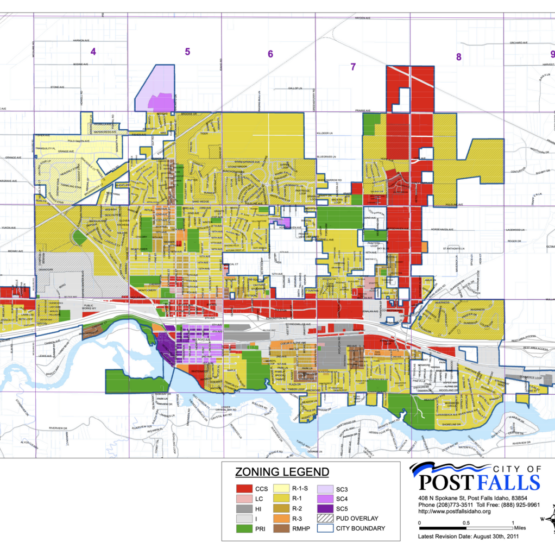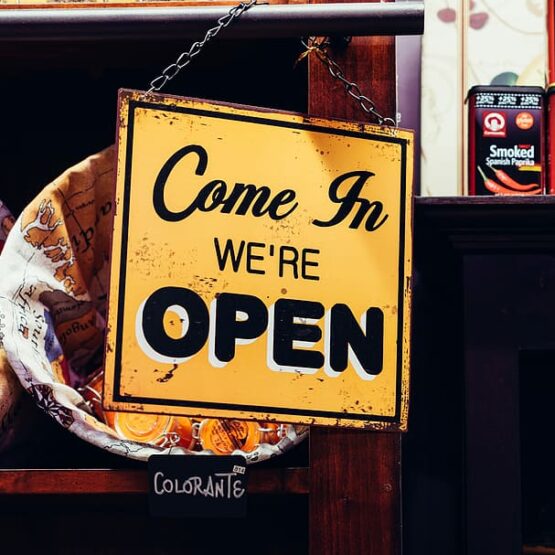
Hi, I’m Randy.
I’m running for Post Falls City Council because I want my great-grandchildren to grow up as part of a thriving, resilient, local community here in North Idaho. I fear that won’t happen unless our cities are guided by good Christian stewardship. Our civic duty doesn’t end at the ballot box; the health of our society relies on good men stepping forward as public servants to help direct our city along a path that leads to good outcomes for everyone.
I’m a Post Falls homeowner and small business owner. My wife and I have three children, ages 6, 4, and 2. I grew up in North Carolina and I’ve lived in Post Falls for 5 years. My wife’s family has been in Idaho for generations. I’m a software engineer and entrepreneur, and I currently run two small software businesses here in North Idaho.
Core Values
What’s best for families is best for Post Falls
The family is the foundational unit of society. When families suffer, everything else suffers too. We must actively prioritize family formation within local policy to ensure a stable society in today’s world of rising costs of food and housing.
What’s best for local small business is best for Post Falls
Locally-owned small businesses are the backbone of a prosperous city—not big box stores. Everyone benefits when control and reinvestment of capital is as local as possible. As such, we should do everything we can to make local entrepreneurship as barrier-free as possible.
What’s best for local resilience is best for Post Falls
Global supply chains have proven fragile and the drawbacks of offshoring American industry in exchange for cheap foreign goods are now clear. As much as possible, we should produce the goods we need locally. Domestic production of food from backyard gardens and homesteads should be encouraged. We should honor the natural right to produce food from one’s own land.
Issues
Growth Management

The issue
Our population is growing rapidly, the prairie has been consumed by sprawling suburbs, traffic keeps getting worse, and there’s legitimate concern about overtaxing our aquifer. Our current model of growth is clearly not sustainable. There are no easy answers, but we need to be looking at alternatives that avoid the sprawl that has made many other cities unlivable.
My solutions
- Prioritize the needs of local residents.
- Slow or halt prairie expansion to match our aquifer and roadway capacities.
- Encourage private investment to create a walkable downtown, like Sherman Avenue in Coeur d’Alene.
- Enable developers to build true starter homes in the $200k to $300k range. We have enough apartments and should be focusing on housing that provides opportunities for home ownership—not lifelong renting. We need homes, not housing!
Small Business Entrepreneurship

The issue
The COVID lockdowns of the past few years have made it abundantly clear that global supply chains are fragile and relying on them is a systemic risk. To make our area resilient, we should do everything possible to encourage local production (especially of food) and small independent businesses here in Post Falls.
Plus, our jobs-to-housing ratio is lower than all surrounding cities. A city with only housing is not financially sustainable. We need more jobs in Post Falls.
My solutions
- Legalize a variety of garage-based businesses to encourage entrepreneurship—before the requirements to rent expensive commercial space kick in.
- Build small retail space downtown for local businesses, instead of more big box stores.
- We should not interfere with homesteading and domestic food production. For instance, we should allow a wider variety of food-producing animals for backyard homesteaders and encourage participation at farmer’s markets.
Family Formation

The issue
The family is the bedrock upon which all of society depends. If we want a thriving society then we must first enable thriving families—for when families suffer, everything else suffers too.
Today, the family is under attack politically (parental rights), socially (moral degradation), and economically (inflation). We must take steps to correct and compensate for this on the local level. If we fail to do this then Post Falls has no future.
My solutions
- Our local policy should always prioritize what’s best for Idahoan families, especially over corporate or foreign investor interests.
- It should be possible to buy a house and raise a family on a single income just like it used to be.
- We need homes that are attainable by more than just the top 10% of earners.
- We need good local jobs and thriving industry to form the city’s economic backbone.
Fiscal Responsibility

The issue
Government should always be careful spending taxpayer money, especially with long-term maintenance commitments. For instance, new miles of road, water, and sewer pipes look good on the city’s balance sheet because they’re considered depreciating assets instead of expenses, but after 10-15 years, the maintenance costs begin to balloon and the taxpayers are on the hook for it.
My solutions
- When evaluating new infrastructure projects, we must carefully forecast what spending we’ve already committed to 10 and 20 years in the future. The typical approach is to assume infinite growth and not worry about future spending, but this is not fiscally responsible.
- New developments should be built in such a way that their property tax revenue can sustain their future infrastructure maintenance without increasing taxes.
A Sense of Place

The issue
Post Falls lacks a strong sense of identity. What makes Post Falls unique and enjoyable? What does it mean to be a resident here? Is there a reason to be proud of being from Post Falls? We struggle with these questions because Post Falls is typically seen as a mere bedroom community for Coeur d’Alene and Spokane.
To be a healthy community where neighbors know each other (which keeps crime down) and where there’s a unique culture (which supports local business), Post Falls needs a unique sense of place.
My solutions
- Promote local festivals, host quality public art, and provide more places for small businesses downtown.
- When done correctly, this can be accomplished through private investment and local business sponsorships, so it doesn’t need to cost the taxpayer anything.